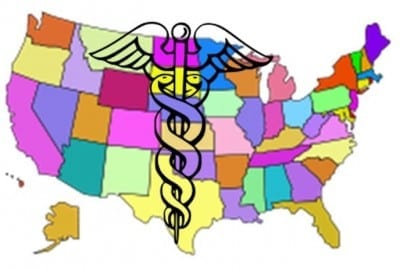Supreme Court rules in favor of insurance subsidies through all exchanges
The U.S. Supreme Court has issued a ruling on the King v. Burwell case. The case involved certain aspects of the Affordable Care Act that provided subsidies for health insurance exchanges throughout the country. In these exchanges, consumers can find various types of coverage at different price ranges, but most people receive subsidies that offset the cost of this coverage. The case involved whether or not the federal government can provide subsidies in states where in manages an exchange, as the Affordable Care Act notes that these subsidies are available through state-run exchanges specifically.
Court notes that all exchanges operate in the same manner and serve the same purpose
The Supreme Court has ruled to uphold subsidies, which means that this financial support will remain available to those receiving it. Chief Justice John Roberts noted in the Court’s opinion that both state-run and federal exchanges are required to comply identical standards and regulations. These exchanges also perform identical functions and making subsidies unavailable through these exchanges would be a disservice to consumers.
Most of those receiving coverage through exchanges also receive subsidies
 Those opposing the Affordable Care Act had argued that the language of the law restricted subsidies to state-run exchanges. These exchanges are in the severe minority, as only 14 states operate their own health insurance exchanges. According to information from the Department of Health and Human Services, the vast majority of those receiving coverage through exchanges also receive subsidies from the federal government. Without these subsidies, these consumers would not be able to afford their insurance coverage, which would leave them uninsured.
Those opposing the Affordable Care Act had argued that the language of the law restricted subsidies to state-run exchanges. These exchanges are in the severe minority, as only 14 states operate their own health insurance exchanges. According to information from the Department of Health and Human Services, the vast majority of those receiving coverage through exchanges also receive subsidies from the federal government. Without these subsidies, these consumers would not be able to afford their insurance coverage, which would leave them uninsured.
Insurance subsidies will remain available to those that need them
The ruling from the Supreme Court may be considered a victory for the Affordable Care Act. The federal health care reform law has been the subject of extreme opposition for several years, with critics suggesting that the law would have a negative impact on the nation’s health care system. The law has, however, succeeded in making health insurance more accessible for many people, but it has also been cited as the reason for insurance premiums increasing over the past few years.
